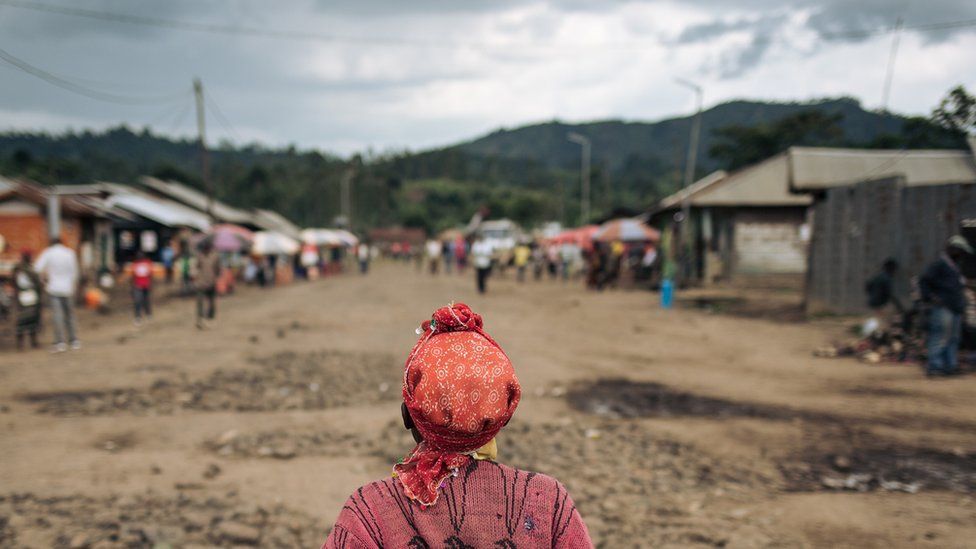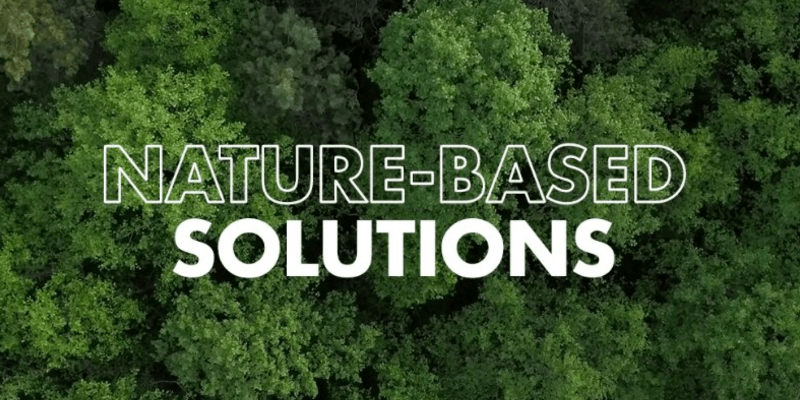Every year in September, all 193 members of the United Nations meet at the General Assembly at the organisation’s headquarters in New York. The General Assembly is one of the six main organs of the UN, where several international issues covered by the Charter of the United Nations, such as development, peace and security, international law are discussed.
This year’s assembly which starts on September 17, has climate change, universal health coverage and the politics of sustainable development, on the agenda. There will also be meetings on financing for development, elimination of nuclear weapons and the Sustainable Development Goals (SDGs). Ghana will occupy the first seat in the Hall for this year’s session, including in the main committees, followed by all the other countries, in English alphabetical order.
Ethiopia’s president makes maiden speech
Ethiopia’s president Sahle-Work Zewde used her maiden speech at the United Nations to respond to Egypt’s call for international intervention in the ongoing Nile dam dispute. While Egypt’s president, Abdel Fattah el-Sisi told the UN General Assembly that ‘The Nile water is a matter of life and an issue of existence for Egypt’, Sahle-Work sought to ease tensions.
She told delegates that the River Nile should not be an object of competition and mistrust, adding the dam project offered a unique opportunity for all the countries along the river to co-operate to share the waters. Sahle-Work Zewde reiterated her country’s commitment to reach a deal over the Grand Renaissance Dam, which is being built on the Blue Nile near Ethiopia’s border with Sudan. Egypt and Ethiopia have failed to agree on critical issues regarding the operation of the dam including the the amounts of water that should be released annually from the dam, and the speed at which Ethiopia fills up the dam’s reservoir which will affect the flow downstream.
Tshisekedi’s maiden UN speech
In his first address to the UN General Assembly, the president of the Democratic Republic of Congo, Félix Tshisekedi highlighted several issues including the country’s development needs, the fight against Ebola and the security situation.Tshisekedi started off his speech by re-echoing Africa’s call for security council reform.
“It is indeed unfair that Africa remains the only region in the world that does not have permanent representation on the Security Council, when in fact the major issues – be they demographic, social or environmental – for the whole planet are inextricably linked to Africa,” he said. “We want a configuration and that is more representative of the world’s peoples in their diversity.” He then addressed the role that the DRC can play in achieving the Sustainable Development Goals (SDGs).“The eradication of poverty and hunger is today an urgent issue. The Democratic Republic of the Congo can be part of the solution, with its 80 million hectares of arable land and its abundant water sources that are enough for more than two billion people,” he stated.
The 17 SDGs seek to create a more just and equitable world by 2030. The president than offered to open up the country to regulated mining in exchange for development support, highlighting the DRC’s wealth in natural resources needed to power the energy and digital transition.“The world needs cobalt, it needs coltan, and it needs lithium. We want industrial jobs. We need training and we need development,” he said. Tshisekedi, who took office in January this year, said the greatest challenges facing his country are the armed groups that operating in the east.
“As if conflict and instability were not enough, countries to the east of the DRC are also affected by an Ebola epidemic that has lasted more than a year.” He lauded the country’s new UN-supported strategy against which will be reinforced “by the introduction of five new approved drugs, in addition to the Ebola vaccine, which will completely get rid of the disease’‘.
Ethiopia, DRC presidents debuts at UN
Felix Tshisekedi, who became president of the Democratic Republic of Congo in January will address the United Nations General Assembly for the first time on Thursday. Ethiopia’s president, Sahle-Work Zewde, will also make her maiden speech at the United Nations, since she was appointed to the position in October last year. Sahle-Work, who became Ethiopia’s first female president, is however not new to the United Nations, having served as U.N. under-secretary general and special representative of the secretary general to the African Union, before she was called upon to serve her country.
Other African heads of state lined up to speak on Thursday include;
- His Excellency Julius Maada Bio, President, Republic of Sierra Leone
- His Excellency Mohamed Abdullahi Mohamed Farmajo, President, Federal Republic of Somalia
- His Excellency Daniel Kablan Duncan, Vice-President, Republic of Côte d’Ivoire
- Her Excellency Isatou Touray, Vice-President, Republic of the Gambia
- His Excellency Evaristo do Espirito Santo Carvalho, President, Democratic Republic of Sao Tome and Principe
- His Excellency Azali Assoumani, President, Union of the Comoros
- His Excellency Arthur Peter Mutharika, President, Republic of Malawi
- His Excellency Ismaël Omar Guelleh, President and Head of Government, Republic of Djibouti
- His Excellency Taban Deng Gai, First Vice-President, Republic of South Sudan
- Tunisia
- Cameroon
More African leaders to address assembly
The following African heads of state are expected to take part in the United Nations General Debate on Wednesday.
- His Majesty King Mswati III, Head of State, Kingdom of Eswatini
- His Excellency George Manneh Weah, President, Republic of Liberia
- His Excellency Faustin Archange Touadera, Head of State, Central African Republic
- His Excellency Danny Faure, President, Republic of Seychelles
- His Excellency Mohamed Ould Cheikh El Ghazouani, President, Islamic Republic of Mauritania
- His Excellency Alpha Condé, President, Republic of Guinea
- His Excellency Edgar Chagwa Lungu, President, Republic of Zambia
- His Excellency Idriss Deby Itno, President, Head of State and Head of Government, Republic of Chad
- His Excellency Hage Geingob, President, Republic of Namibia
- His Excellency Faiez Mustafa Serraj, President of the Presidency Council of the Government of National Accord, State of Libya
- His Excellency Nana Addo Dankwa Akufo-Addo, President, Republic of Ghana
- His Excellency Ibrahim Boubacar Keita, President, Republic of Mali
- His Excellency Emmerson Dambudzo Mnangagwa, President, Republic of Zimbabwe
Egypt’s Sisi asks for help over dam dispute with Ethiopia
Egypt’s president, Abdel Fattah el-Sisi has raised the matter of the Nile dam dispute at the United Nations General Assembly, saying negotiations have so far been unfruitful.
Egypt and Ethiopia have failed to agree on the operation of a dam that the latter is constructing on the River Nile to generate more than 6,000 megawatts. Negotiations over the annual flow of water that should be guaranteed to Egypt and how to manage flows during droughts resumed last week, but Sisi’s remarks at the UN confirm that no progress has been made. Ethiopia has said GERD will start power production by the end of 2020 and be fully operational by 2022. The Egyptian leader said he hoped the international community can compel all players in the negotiations to be flexible. Sisi, who is also the current chairperson of the African Union reiterated the African bloc’s call for security reform.
General Debate begins
The General Debate session kicks off Tuesday, with several heads of state lined up to speak. This year’s theme for the debate is ‘‘Galvanising multilateral efforts for poverty eradication, quality education, climate action and inclusion”, in line with the priorities set by the president of the General Assembly, Professor Tijjani Muhammad-Bande, Nigeria’s permanent representative to the United Nations.
A voluntary 15-minute time limit for statements is to be observed in the general debate.
Since the 10th session of the General Assembly in 1955, Brazil has always been the first member state to speak in the general debate, followed by the United States of America as the host country. Other members then follow, based on the level of representation, preference and other criteria such as geographic balance.
The African heads of state scheduled to speak on Tuesday include;
- His Excellency Abdel Fattah Al Sisi, President, Egypt
- His Excellency Muhammadu Buhari, President, Federal Republic of Nigeria
- His Excellency Roch Marc Christian Kaboré, President of Burkina Faso
- His Excellency João Manuel Gonçalves Lourenço, President, Republic of Angola
- His Excellency Paul Kagame, President, Republic of Rwanda
- His Excellency Mahamadou Issoufou, President, Republic of the Niger
- His Excellency Félix Antoine Tshilombo Tshisekedi, President, Democratic Republic of the Congo
- His Excellency Macky Sall, President, Republic of Senegal
- His Excellency Saad-Eddine El Othmani, Head of Government, Kingdom of Morocco
*The views of the above article are those of the author and do not necessarily reflect the views of Africa Speaks 4 Africa or its editorial team.




